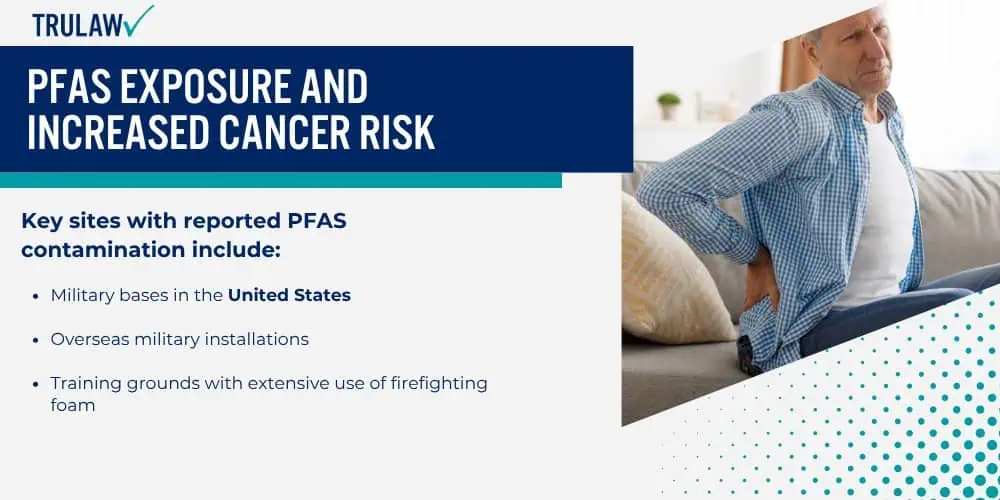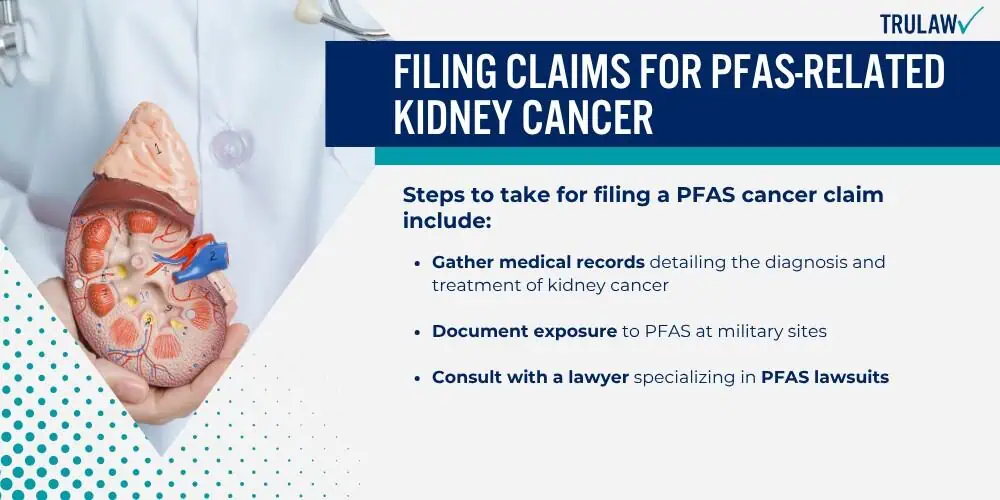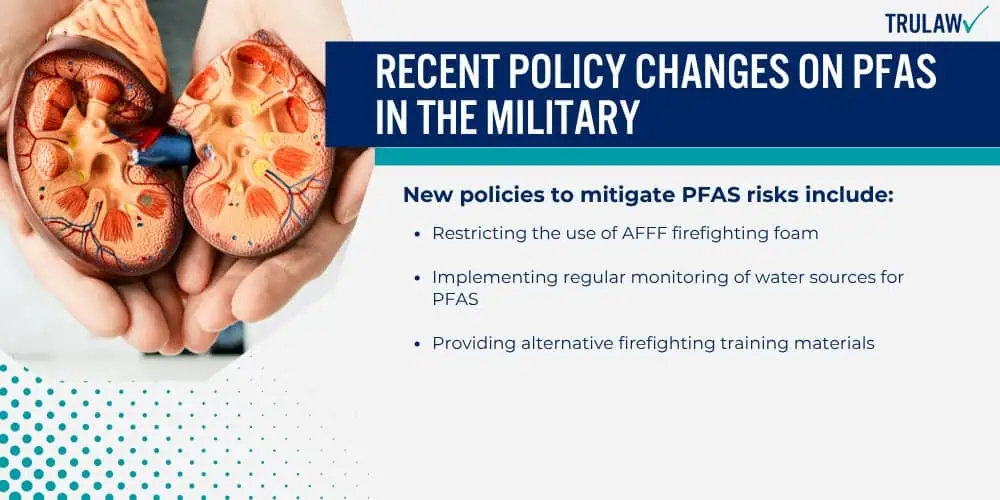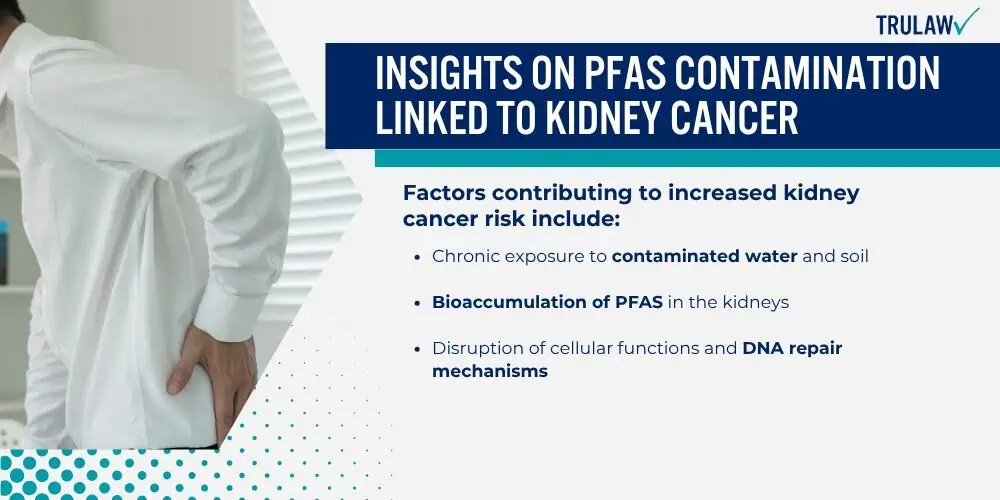PFAS exposure has been linked to a higher risk of cancer, particularly kidney cancer, among military personnel.
The per- and polyfluoroalkyl substances (PFAS) are prevalent at various military sites, posing significant health risks.

Extensive studies demonstrate the correlation between PFAS exposure and the onset of cancer in humans, emphasizing the need for awareness and preventative measures.
Military Sites Reported With PFAS Contamination
Numerous military installations worldwide have reported significant PFAS contamination.
These sites often have contaminated drinking water and environmental exposure due to aqueous film-forming foam (AFFF) used in training exercises.
Key sites with reported PFAS contamination include:
- Military bases in the United States
- Overseas military installations
- Training grounds with extensive use of firefighting foam
Military personnel stationed at these locations are at an increased risk of developing health issues due to prolonged exposure.
Ensuring proper cleanup and regulation is crucial to mitigate these risks.
Studies on PFAS Exposure and Cancer Risks
Several studies have identified a strong link between PFAS exposure and an increased risk of developing kidney cancer.
These findings underscore the carcinogenic potential of PFAS.
Notable studies include:
- Epidemiological studies showing higher cancer rates in exposed populations
- Animal studies demonstrating tumour development with PFAS exposure
- Longitudinal studies tracking health outcomes of military personnel
These studies highlight the urgent need for preventive measures and policies to protect those at risk.
Raising awareness among military members and veterans is essential for early diagnosis and treatment.











